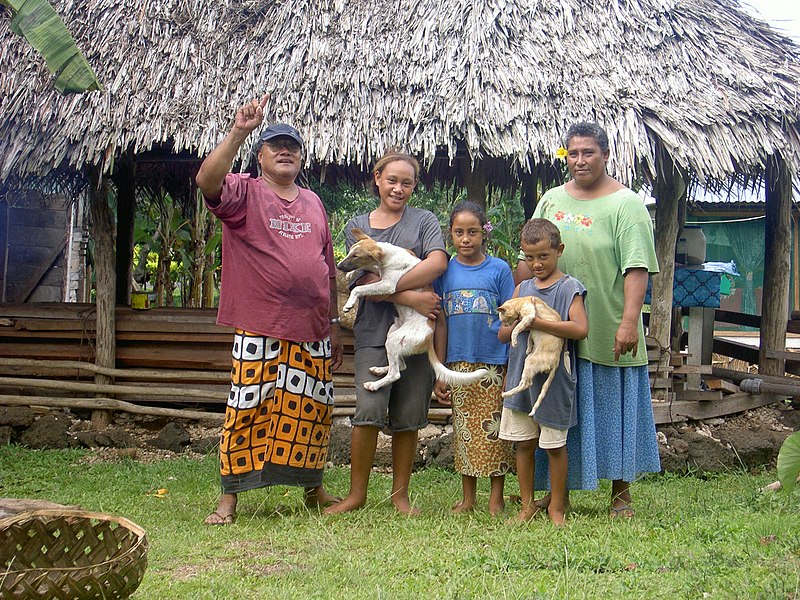Adopting from Samoa
Contents
Hague Convention Information
Samoa is not party to the Hague Convention on Protection of Children and Co-operation in Respect of Intercountry Adoption ( Hague Adoption Convention ). Therefore, when the Hague Adoption Convention entered into force for the United States on April 1, 2008, intercountry adoption processing for Samoa did not change.
Samoan law places restrictions on the "overseas adoption" of Samoan children by any person who is not a citizen of Samoa. See the "Eligibility Requirements" section below for further details.
The American Embassy Apia, Samoa, does not process immigrant visas. This process must be completed through the American Consulate General in Auckland, New Zealand.
Who Can Adopt
To bring an adopted child to United States from Samoa, you must be found eligible to adopt by the U.S. Government. The U.S. Government agency responsible for making this determination is the Department of Homeland Security, U.S. Citizenship and Immigration Services (USCIS). Learn more.
In addition to these U.S. requirements for prospective adoptive parents, Samoa also has the following requirements for prospective adoptive parents:
Residency
There is no specific requirement that the applicants be residents of Samoa.
Age of Adopting Parents
Prospective adoptive parents must be of the age of majority, which is 21.
Marriage
Prospective adoptive parents may be married or single.
Income
Prospective adoptive parents must be able to demonstrate a sufficient income to comfortably provide for an adopted child.
Other
None.
Who Can Be Adopted
How to Adopt
Adoption Authority
The Process
Traveling Abroad
Applying for Your U.S. Passport
A valid U.S. passport is required to enter and leave Samoa. Only the U.S. Department of State has the authority to grant, issue, or verify U.S. passports. Getting or renewing a passport is easy. The Passport Application Wizard will help you determine which passport form you need, help you to complete the form online, estimate your payment, and generate the form for you to print-all in one place.
Obtaining Your Visa
In addition to a U.S. passport, you also need to obtain a visa. A visa is an official document issued by a foreign country that formally allows you to visit. Where required, visas are attached to your passport and allow you to enter a foreign nation. To find information about obtaining a visa for Samoa, see the Department of State's Country Specific Information.
Staying Safe on Your Trip
Before you travel, it's always a good practice to investigate the local conditions, laws, political landscape, and culture of the country. The State Department is a good place to start. The Department of State provides Country Specific Information for every country of the world about various issues, including the health conditions, crime, unusual currency or entry requirements, and any areas of instability.
Staying in Touch on Your Trip
When traveling during the adoption process, we encourage you to register your trip with the Department of State. Travel registration makes it possible to contact you if necessary. Whether there's a family emergency in the United States, or a crisis in Samoa, registration assists the U.S. Embassy or Consulate in reaching you. Registration is free and can be done online.
After Adoption
What resources are available to assist families after the adoption?
Many adoptive parents find it important to find support after the adoption. Take advantage of all the resources available to your family -- whether it's another adoptive family, a support group, an advocacy organization, or your religious or community services.
Here are some good places to start your support group search:
Child Welfare Information Gateway
North American Council on Adoptable Children
Adoption Services Support Group for Adopting Persons
SOURCE
Intercountry Adoption, Bureau of Consular Affairs. U.S. Department of State Country Information









